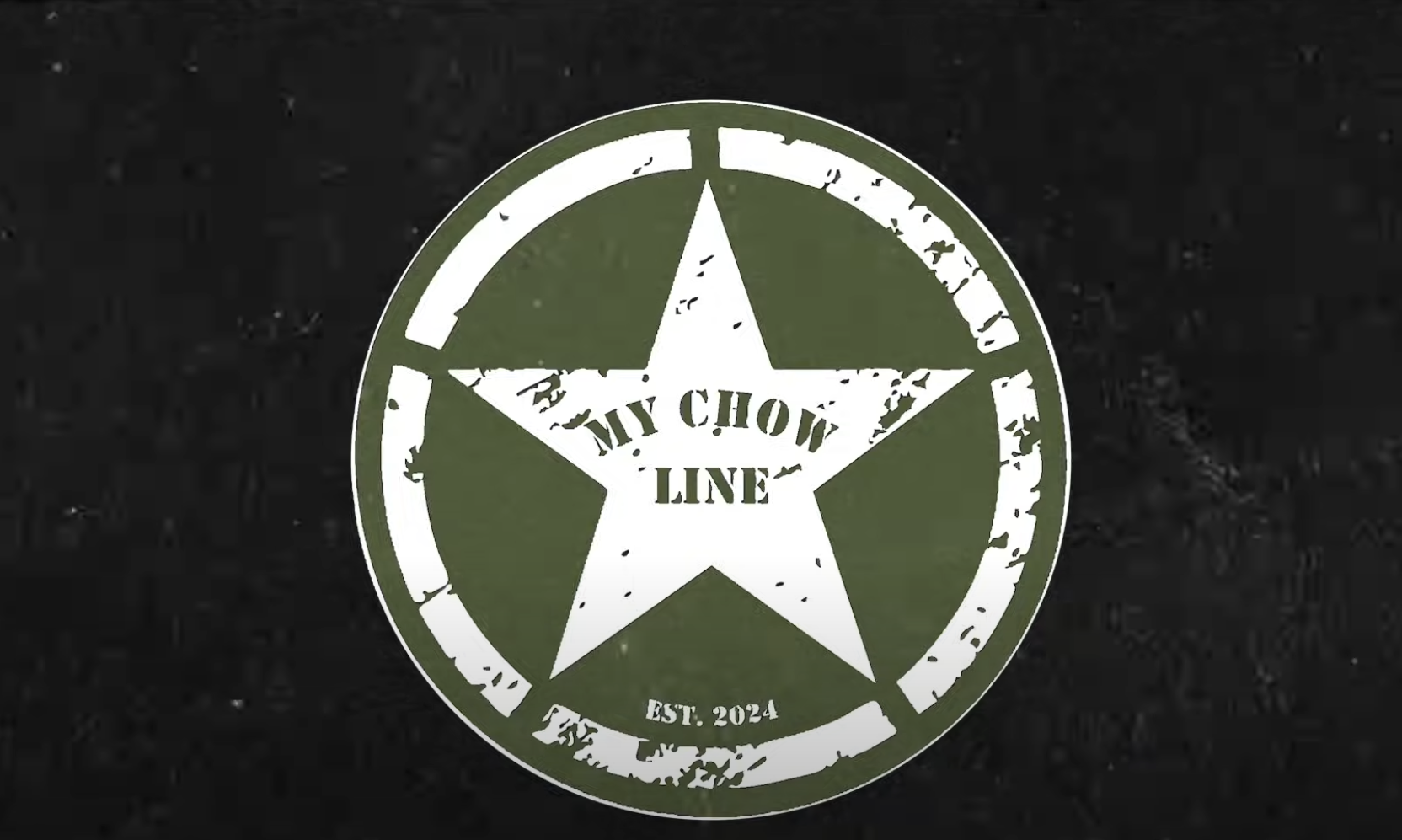
Fortitudo per aspera, strength through adversity, is the motto of the United States Air Force Academy (USAFA) Class of 1972. From 1968-1972 we endured intense and often brutal training that forged a permanent bond among us and taught the value of self sacrifice and loyalty. For those who have not experienced these challenges in the formative stages of life, it is nearly impossible to fathom the depth of this brotherhood. It is not surprising that 400 of the 675 surviving members of the graduating class attended our 50th year graduation reunion last month.
In Remembrance of Those Who Have Passed
As many of us approach our mid 70s, disease and accidents have taken their toll. Each loss of life diminishes us, and this sentiment was expressed eloquently in 1642 by English clergyman and poet John Donne. Donne speaks of mankind, but we classmates contend that his words equally apply to our brothers who have passed before us.
“No man is an island,
Entire of itself,
Every man is a piece of the continent,
A part of the main.
If a clod be washed away by the sea,
Europe is the less…
Any man's death diminishes me,
Because I am involved in mankind,
And therefore never send to know for whom the bell tolls;
It tolls for thee.”
50 Years Later—The Academy Takes a Different Path
America's foundational institutions are under assault. For decades the siege progressed incrementally, imperceptible to most observers. But recently the pace has accelerated, avoiding all pretense of subtlety. In the case of USAFA, activist generals serve as a vivid example of how a few influential individuals are able to implement President Obama's call to fundamentally change American society.
Nowadays, when visiting USAFA, one is impressed by the comfortable, relaxed atmosphere. Gone are the days when cadets lived under unremitting pressure and stood at rigid attention and bore the brunt of verbal abuse from upper class cadets. Uniforms are still worn, but in reality cadet life is drifting away from that of a traditional military academy and towards a liberal arts environment.
According to U.S. News’ Best College Rankings, the Academy's national ranking in the National Liberal Arts Colleges category increased from #39 to #18 from 2020 to 2022. USAFA rates #1 in aeronautical and astronautical engineering, but this distinction only applies to schools that do not offer doctorate degrees. Currently, the civilian faculty, including visiting members, comprises 42% of the academic department.
Since 2013, when Superintendent Lt. Gen. Michael Gould introduced a comprehensive Diversity and Inclusion Program (D&I) in accordance with President Obama's Executive Order 13583, the administration has led USAFA away from its historic policy of avoiding political engagement. The enactment of the program served as a harbinger of the Academy's descent into divisive issues, when the plan declared D&I a "military necessity" and "as important as academics" at USAFA.
Superintendent Gould's successor, Lt. Gen. Jay Silveria, achieved national notoriety with his handling of a racial graffiti incident directed at black cadets at the USAFA Prep School in 2017. Silveria presumed the identity of the perpetrators, condemned racism to a national audience, and vowed to expel the culprits. To the general's dismay, an inquiry found that the guilty party was one of the black cadets who was the supposed victim of the hate crime, but the damage had been done. The Superintendent had formed hasty conclusions, falsely accused innocent cadets based on predetermined assumptions, and tarnished the Academy's reputation.
Silveria's activism continued throughout his tenure. In July 2020 the USAFA football coaching staff produced a social media video supporting the Marxist organization Black Lives Matter. This was a remarkable departure from the Academy's ethos to publicly avoid politics, but Silveria did not intervene to remove the video. In the same month, in a letter to the Academy Family, he insinuated that systemic racism existed at USAFA. He directed that an investigation be completed within two months—the results of which are still confidential. A Freedom of Information Act request by STARRS, an organization pledged to resist racism and radical agendas in the military, to divulge the report's contents remains unanswered after more than 700 days. Judicial Watch has sued the U.S. Department of Defense to release the document to the public.
Silveria retired in 2020 but left his replacement, Lt. Gen. Richard Clark to contend with 250 cadets involved in the largest cheating scandal in USAFA history that occurred during the final months of his tenure. As Superintendent Clark dealt with his predecessor's problems, he continued his own activist agenda. He supported a required reading program for incoming cadets that included George Takei's anti-American screed, They Called Us Enemy. Lynn Chandler-Garcia, a professor in the political science department, publicly acknowledged teaching Critical Race Theory at USAFA. General Clark disputed Professor Chandler’s claim and maintained that the subject is taught but not promoted. Calls from the graduate community to clarify the issue by releasing the course syllabuses continue to be ignored.
General Clark has been a steadfast proponent of mandatory Covid-19 vaccinations for all members of the Cadet Wing. He has denied all requests for religious and medical exemptions, citing obsolete data derived from the early stages of the pandemic, and failing to recognize the low probability of serious disease, and the negligible benefit and attendant risks of the vaccine in the healthy cadet population.
Last month all USAFA cadets were required to attend a D&I briefing that instructed them about preferred pronouns, the problems with using the words "mom" and "dad," and the impropriety of Dr. Martin Luther King's sage comments regarding the relative importance of one's color and character. When the course’s slide presentation was leaked to the public, the Superintendent claimed that the subject matter was taken out of context. This interpretation conflicted with the version told by cadets who attended the lecture.
Further controversy arose, when it was discovered that eligibility for a nine week paid internship at a major aerospace company was based on sex and minority status. The Brooke Owens Fellowship stipulated that only gender minorities need apply, and cis-gender men specifically were instructed not to respond. Similarly, the Patti Grace Smith Fellowship offered a nine week paid internship for only black cadets interested in aerospace careers.
Applications to all military academies fell this year, but USAFA's shortfall was far worse than at West Point and Annapolis. USAFA's Director of Admissions blames the precipitous 46% drop in qualified candidates on Covid. With USAFA mired in controversy and the recently disclosed football team's recruiting violations and placement on NCAA probation, one suspects that USAFA’s problems are endemic and self-inflicted.
The Class of 1972: Fortitudo Per Aspera
As the Vietnam War escalated, we volunteered to serve our country and gain admission to USAFA through a rigorous merit based admissions process. We represented a cross section of the American melting pot. From the beginning, one expression became the focus of training: E pluribus unum, “Out of many, one,” which was inscribed on the Great Seal of the United States in 1782 and served as the de facto motto of the United States for 174 years.
At the time 27 different majors were offered to cadets, and USAFA was rated the third best engineering school in the country, behind only Cal Tech and MIT. Including non-graded military, athletic, and physical education courses, cadets earned roughly 200 semester hours over the four year period. All members of the faculty were active duty military officers, who swore the Oath of Office to the Constitution.
The highest of standards were expected, as military training, academic, and physical fitness programs were tailored to cull all but the most committed cadets. Of the 1254 that entered our class, 496 left before graduation—an attrition rate of 40%. To put these numbers in perspective, graduation rates at USAFA during the past decade approach 90% in some classes.
We lived by a strictly enforced Honor Code that forbade lying, cheating, stealing, or tolerating dishonorable conduct. Thirty years after our graduation at an Honor Code briefing in 2002, the Commandant of Cadets told us that the current generation of cadets could not be expected to adhere to these standards. In a 2022 article in Checkpoints Magazine, Superintendent Clark reiterated a similar assessment.
Less than 25 years separated the entrance to the Academy of the Class of 1972 from the conclusion of WWII. A portion of our military training dealt with the Holocast, and the moral implications of complying with unlawful orders, and excusing the excesses as "just following orders." In accordance with the Nuremberg Code, human rights were taught to be sacred, and a military officer's responsibility is to ensure that these rights are protected.
An effective leader is not one who blindly complies with capricious orders, but one who displays the courage to question them. History’s legendary military commanders' successful strategies often defied convention and depended on the ability to adapt to rapidly evolving conditions. From our personal experiences in the military and civilian worlds, no leader can be truly successful without constantly searching for unique solutions in dynamic environments.
During the late 1960s and early 1970s civilian peers condemned us for wearing the uniform. One could make the argument that given the pressures both inside and outside USAFA, the Class of 1972 experienced one of the most grueling and arduous four years in the school’s history.
Call to Action
Reverend Charles F. Aked, a prohibitionist, stated, “It has been said that for evil men to accomplish their purpose it is only necessary that good men should do nothing.” In Aked’s view, evil equated with the consumption of wine, beer, and whiskey.
Policies that politicize the Academy, that refute Dr. Martin Luther King’s comments about color and character, that contend today’s generation is unable to live by the Honor Code, and that create division rather than unity as the better military option have far greater moral implications than the Reverend Aked’s crusade against alcohol.
There is a natural inclination to be inert and refrain from engagement in public debate. But because of our training, life experiences, and common sense we are ideally suited to seek and implement solutions that will ensure that present and future cadets have the same opportunities as the Class of 1972.
Brotherhood
On St. Crispin’s Day, October 25, 1415, in the north of France, the Battle of Agincourt loomed. King Henry V’s army, beleaguered due to previous combat and disease, faced a French force six times its size. Confronted with discouraging odds, Henry positioned his troops brilliantly, took advantage of favorable terrain, and used his longbow archers to devastate a cumbersome foe. His victory set the stage for Shakespeare’s St. Crispin’s Day Speech in the play Henry V.
“From this day to the ending of the world,
But we in it shall be remember’d;
We few, we happy few, we band of brothers;
For he to-day that sheds his blood with me
Shall be my brother; be he ne’er so vile,
This day shall gentle his condition:
And gentlemen in England now a-bed
Shall think themselves accursed they were not here,
And hold their manhoods cheap whiles any speaks
That fought with us upon Saint Crispin’s day.”
Prior to battle, the situation appeared hopeless to the English army. Henry’s men kissed the ground on which they stood, for surely this was their final resting place before the day was done. Knowing his life and the destiny of England depended on his men’s courage and cohesiveness, Henry rallied their spirits by delivering the “St. Crispin’s Day Speech.” He reminded his cousin Westmoreland that the honor earned today will be remembered forever. Despite being outnumbered, Henry desired no reinforcements or cowards among his troops. Honor is a zero sum game – a finite quantity that cannot be shared with those who are unworthy. The upcoming battle presented a cherished opportunity, and those absent would envy the participants and curse themselves for not being a part of history.
In Shakespeare’s time the word “vile” also meant someone of a low social class. Social barriers and petty prejudices abounded in fifteenth century England. Had Henry accentuated the differences among his troops or questioned their integrity, he would have exacerbated an already desperate predicament. Dumas similarly summarized this call to brotherhood in The Three Musketeers:
“All for one and one for all, united we stand divided we fall.”
Thank you. Beat Navy!
Scott Sturman
President USAFA Class of 1972
September 30, 2022
























